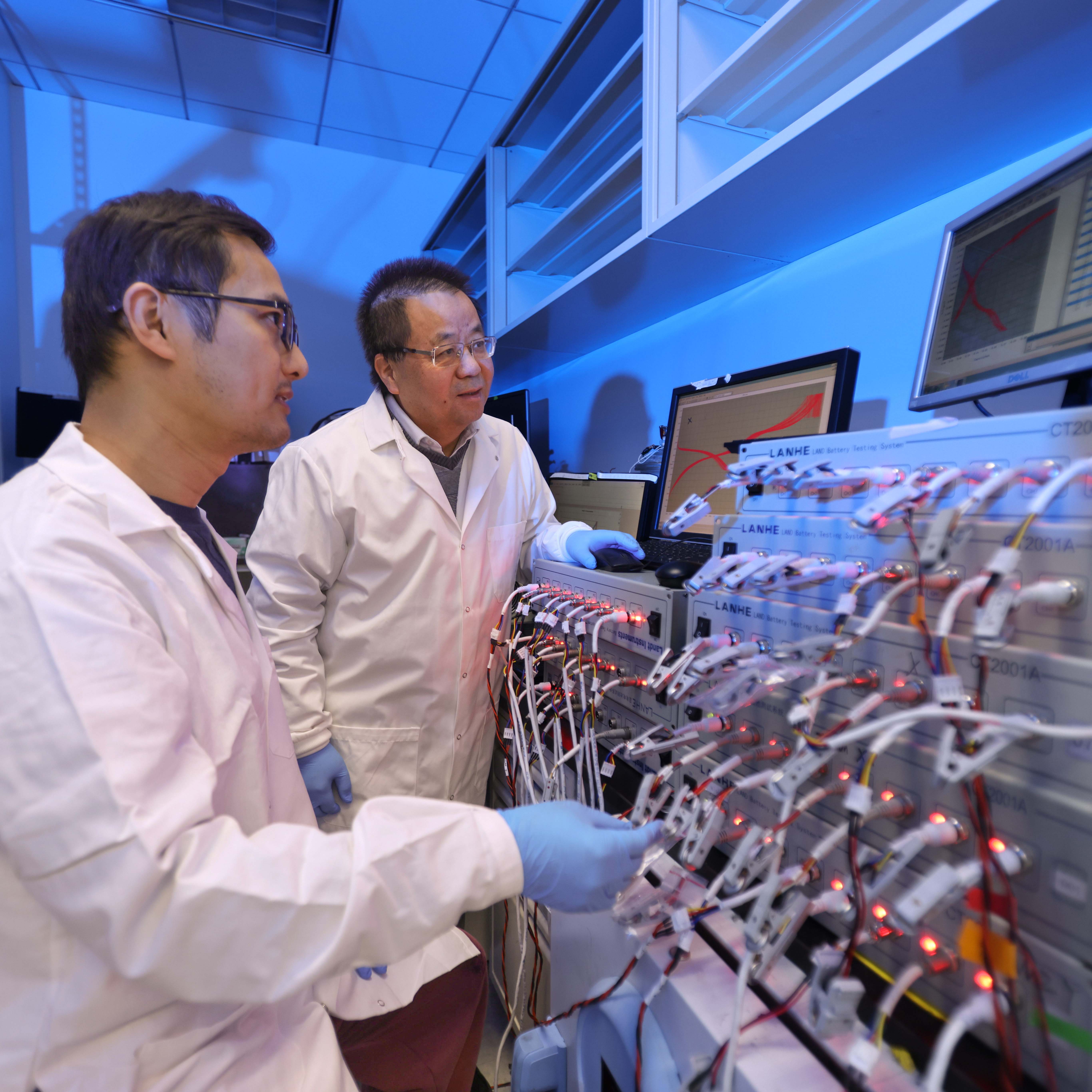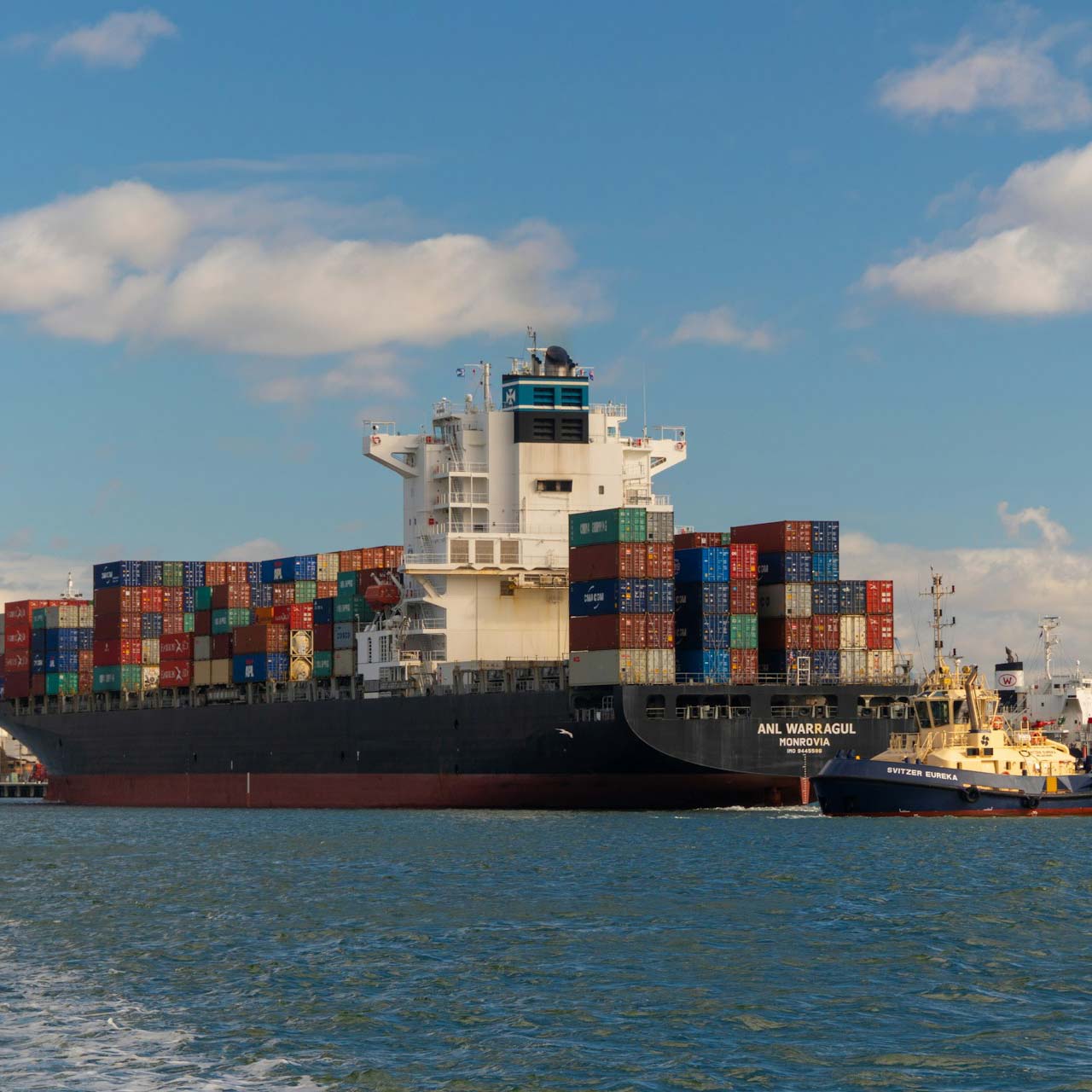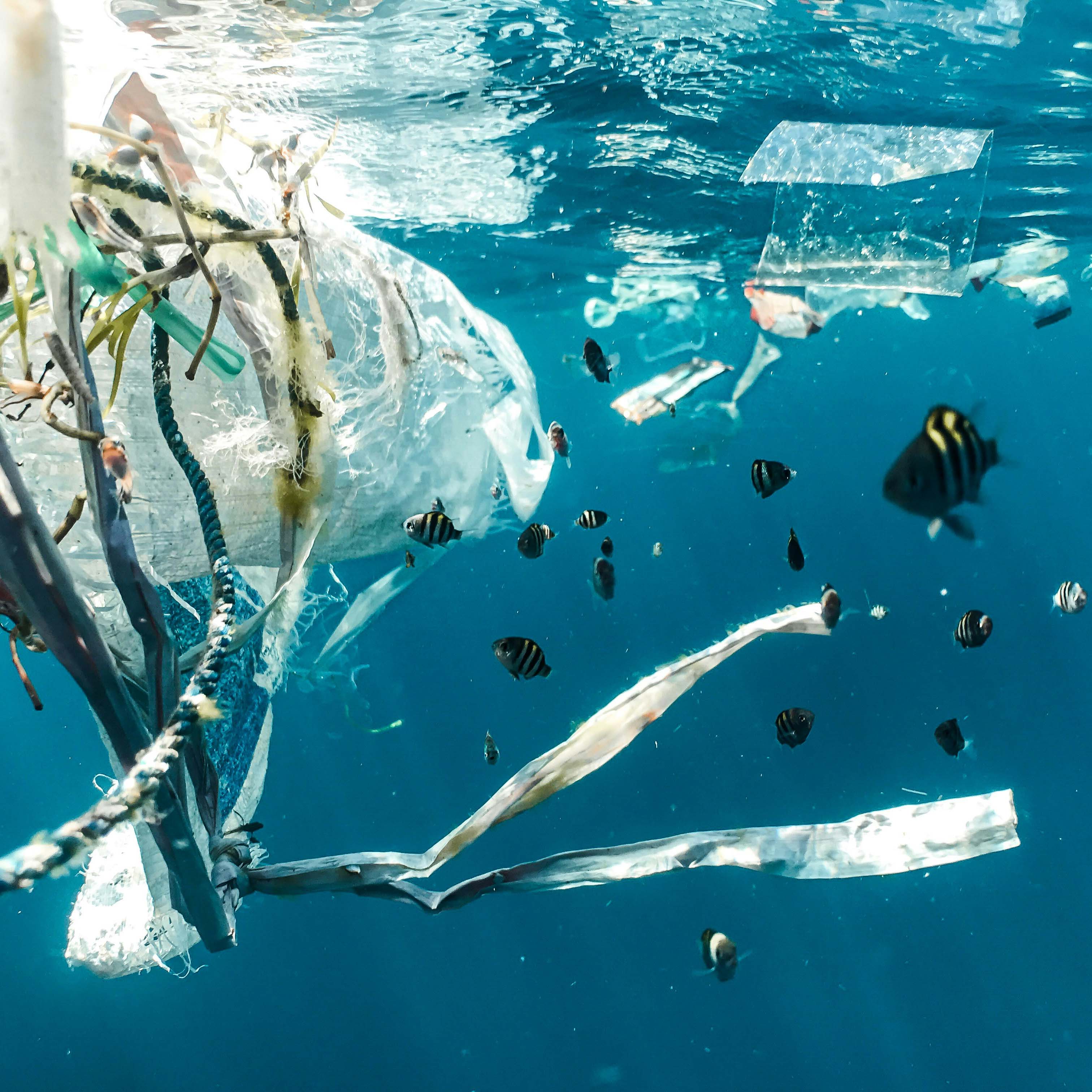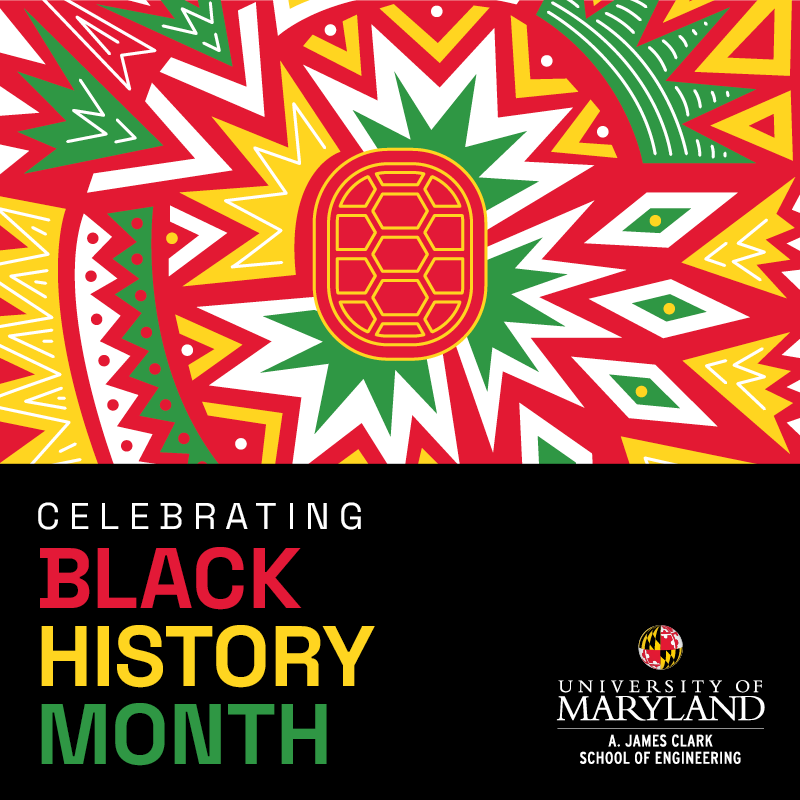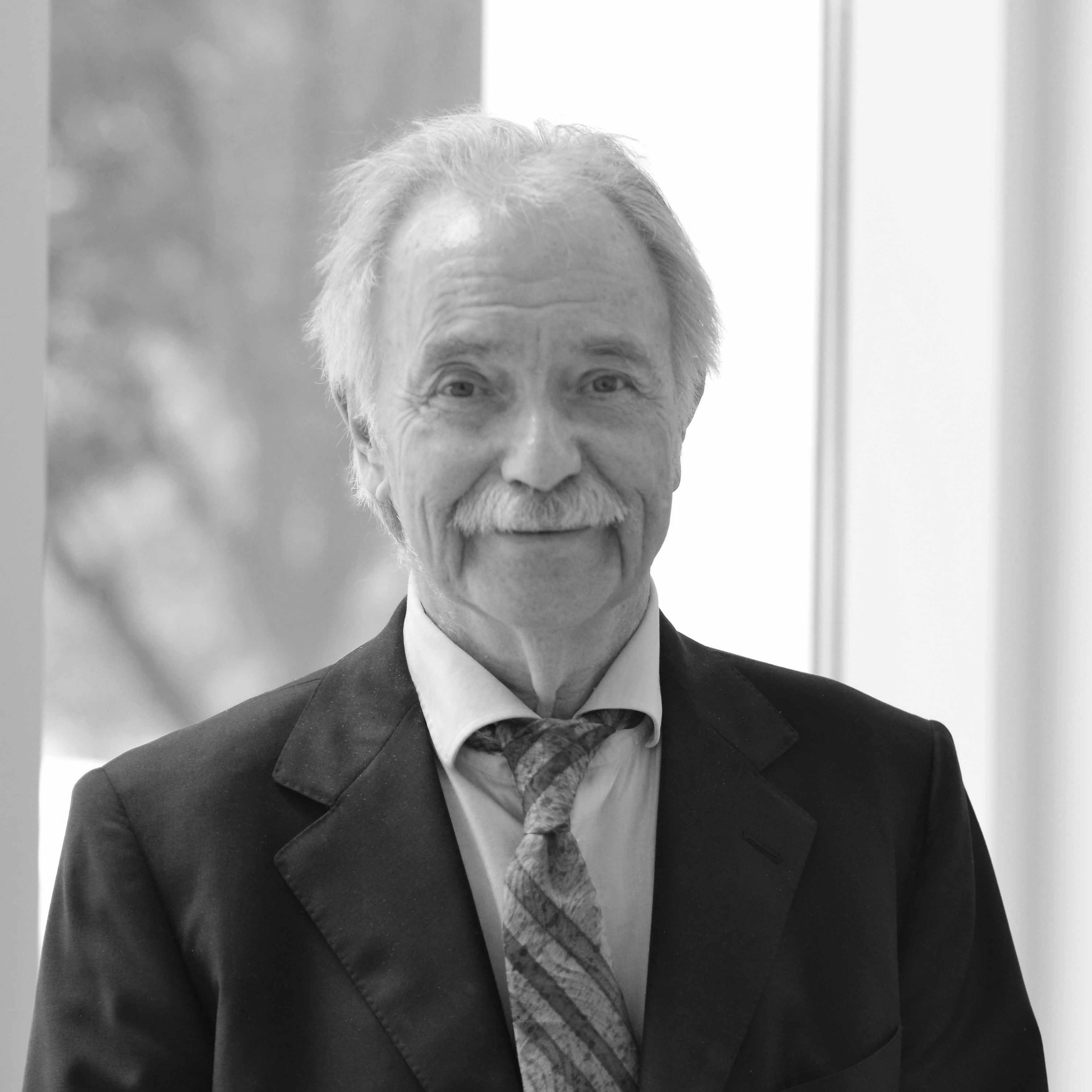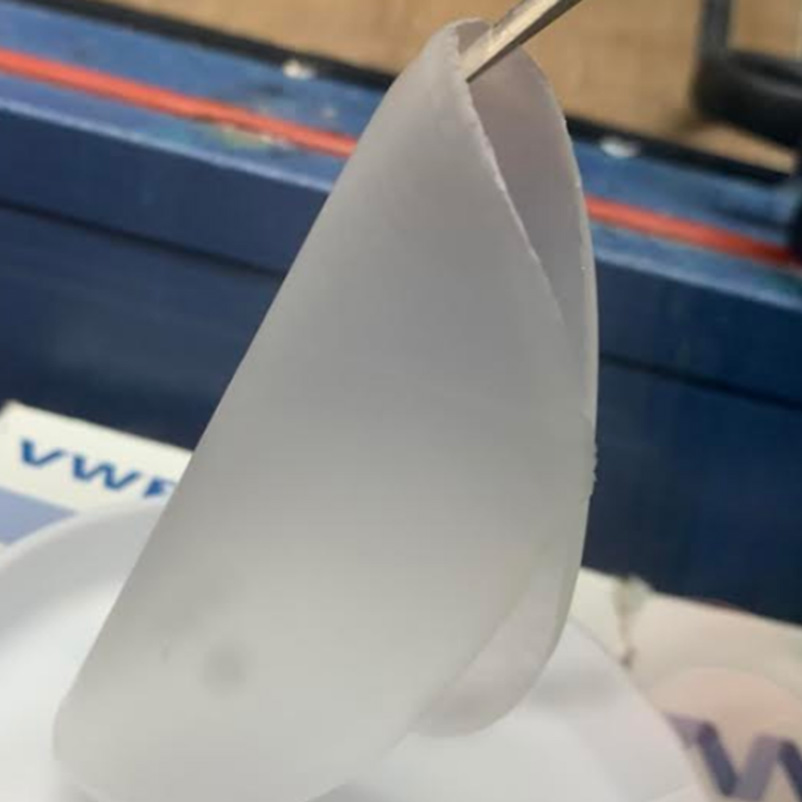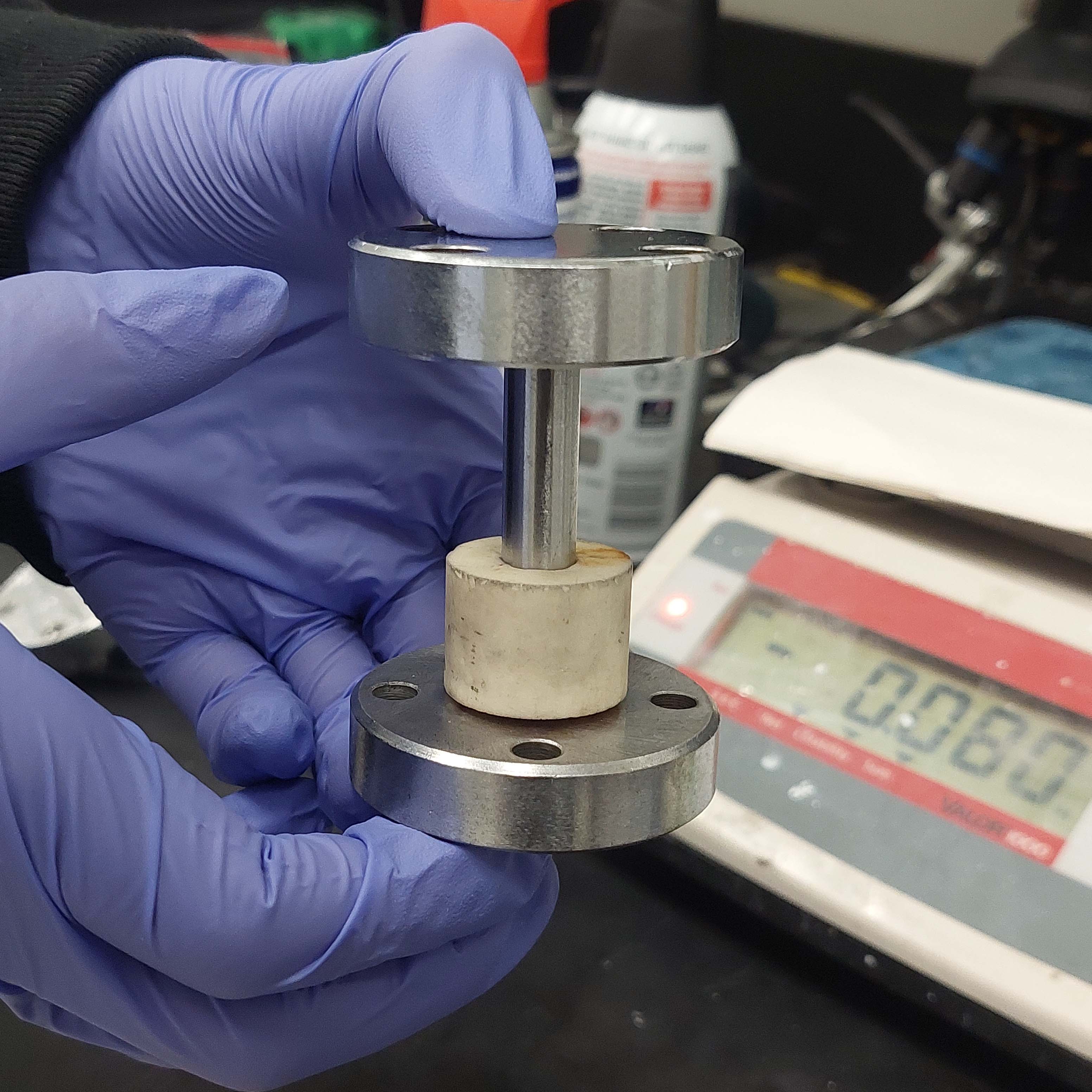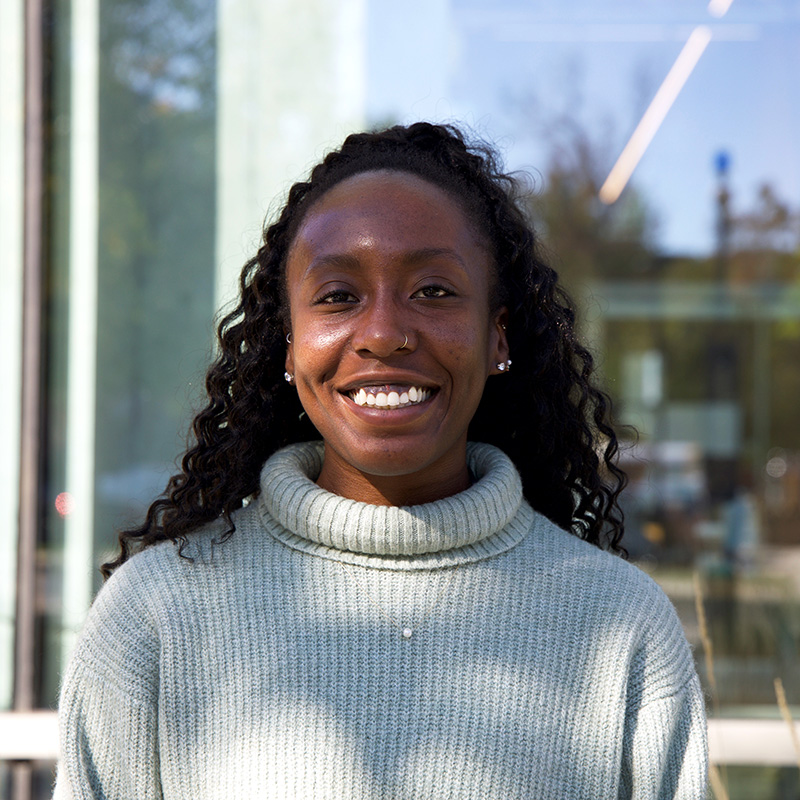News Story
Raghavan Named Fellow of Society of Rheology
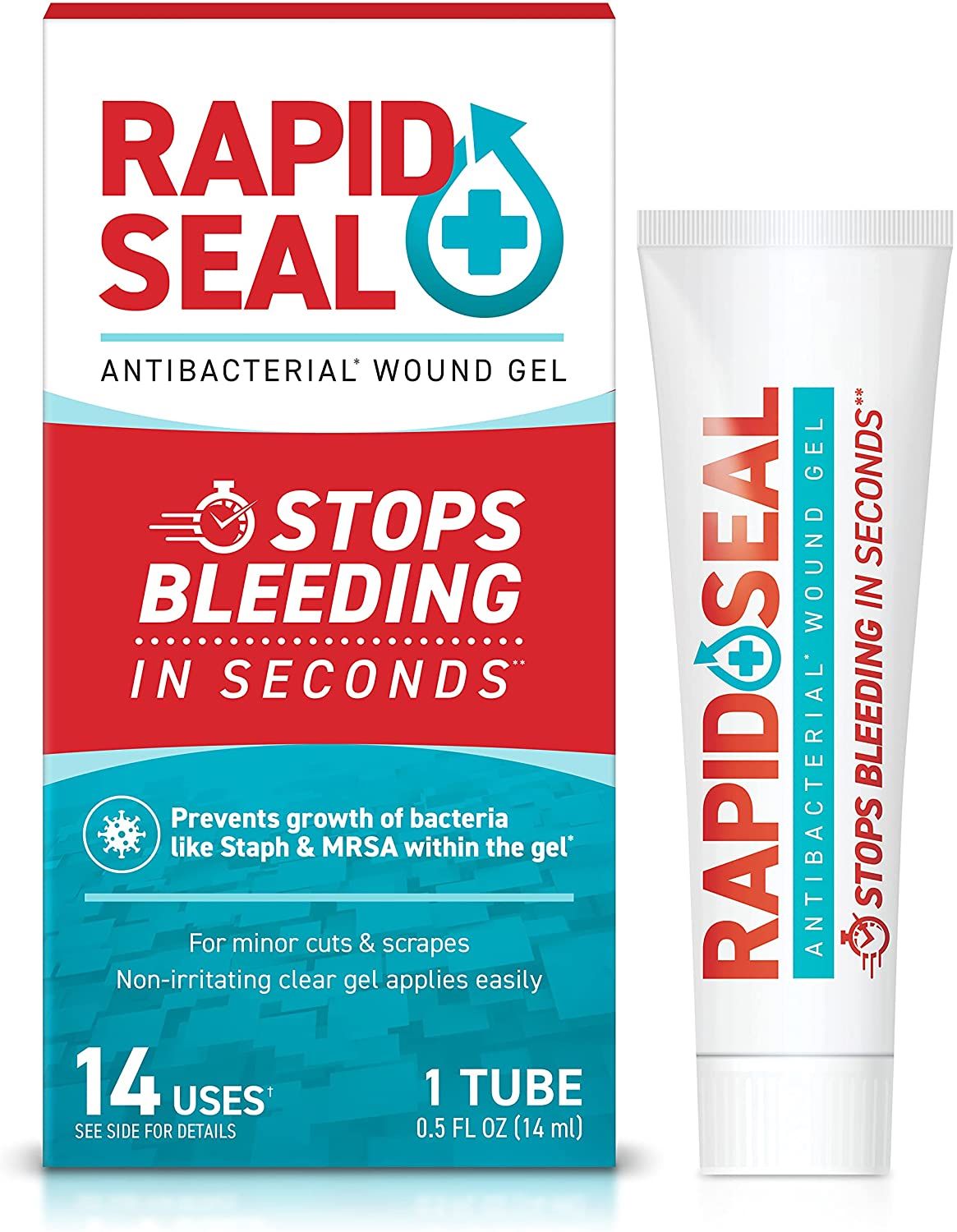
Srinivasa R. Raghavan, a professor in the Department of Chemical and Biomolecular Engineering (CHBE) was recently named a Fellow of the Society of Rheology (SoR). The society’s members include physicists, chemists, biologists, engineers, and mathematicians interested in advancing and applying rheology—the science of deformation and flow of matter.
The SoR Fellowship, awarded to only five percent of the society’s total membership, recognizes a history of distinguished scientific advancement, significant accomplishments and outstanding scholarship in the field of rheology.
Raghavan has a longstanding connection with the society. “As a student, my first scientific talk was at an SoR meeting in 1994, and my first paper was published in the Journal of Rheology in 1995,” explains Raghavan, who recalls his introduction to the world of rheology as a PhD student at North Carolina State University. “Professor Saad Khan, my PhD advisor, has become my lifelong mentor.”
The award is just the latest recognition for Raghavan. He was named a 2017-2018 Distinguished Scholar-Teacher at UMD and has received the university’s E. Robert Kent Outstanding Teaching Award for Junior Faculty. He is also a National Science Foundation CAREER Award winner. A prominent scholar with more than 180 published papers—100 of which have a focus on rheology—Raghavan has also led many commercialization efforts, helping form the biomedical startup Remedium Technologies (now Medcura) as well as GripBoost LLC, which produces athletic adhesives.
A leader in the field of complex fluids and soft materials, Raghavan’s work focuses on the development of new materials through the spontaneous assembly of molecules into nanoscale structures. His group has developed smart fluids and materials designed to respond to stimuli including light and heat. In one experiment, his team demonstrated how light could be used to switch back and forth between a water-like liquid and a gel-like one having a viscosity a million times higher.
One of his lab’s most significant discoveries is a polymer that converts liquid blood into a gel and stops bleeding from wounds. Gelation occurs because the polymer bridges blood cells into a network. The startup company Medcura was established by Raghavan’s students to commercialize the technology, and in 2021, a consumer product made by Medcura called Rapid-Seal Wound Gel became available at U.S. pharmacies.
“I remember walking into a CVS Pharmacy in 2021 in the midst of COVID-19 and seeing this product on the shelf,” says Raghavan. “It was exciting to see our invention reach the market.” Raghavan and his student Matt Dowling (PhD, ’11) won the 2009 UMD Invention of the Year Award in the Life Sciences category for the technology. More than 20 patent applications based on his lab’s work have been filed with the U.S. Patent and Trademark Office.
Most recently, his lab has produced a “gel sheet,” using a hydrogel that absorbs and holds about three times more water-based liquid than the average paper towel. The method, recently reported in the journal Matter, is unlike typical hydrogels as it does not become brittle and crumble when dry.
Raghavan praises the commitment of his students and feels strongly, “Professors can only be successful if their students do amazing things. Each of my 26 doctoral students has been amazing. I am extremely and eternally grateful to all my graduate students and postdocs for laying the foundation for our lab.”
He has spent his entire academic career at the Clark School, joining the faculty in 2001. He received his B. Tech degree from the India Institute of Technology in 1992 and his PhD from North Carolina State University in 1998.
Published July 26, 2023

